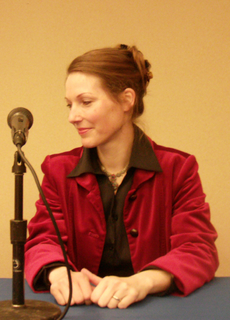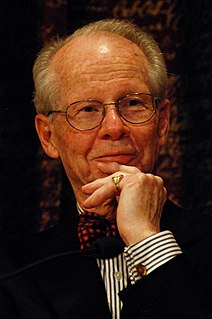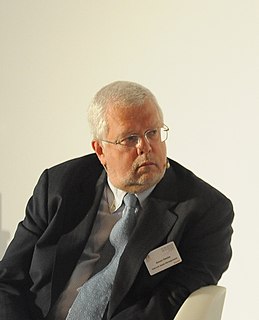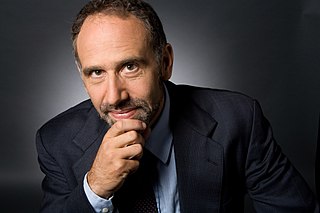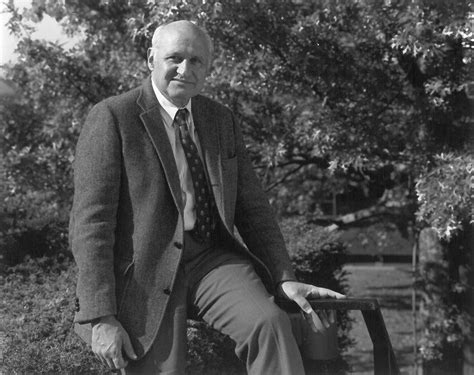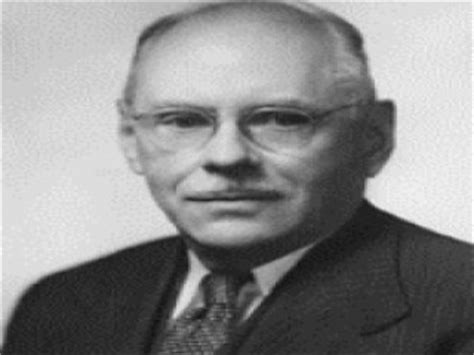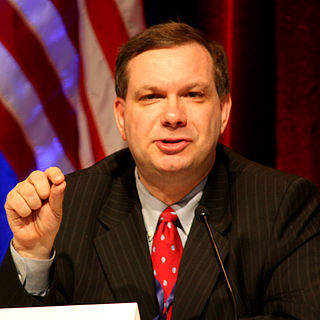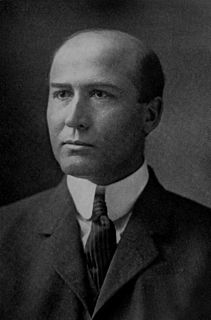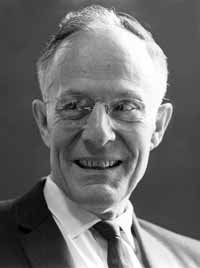Top 473 Economists Quotes & Sayings - Page 6
Explore popular Economists quotes.
Last updated on December 12, 2024.
The seminar in economic theory conducted by Hayek at the L.S.E. in the 1930s was attended, it came to seem, by all of the economists of my generation - Nicky Kaldor , Thomas Balogh, L. K. Jah, Paul Rosenstein-Rodan, the list could be indefinitely extended. The urge to participate (and correct Hayek) was ruthlessly competitive.
Even as I pursued a doctorate in the history of ideas in my native Denmark, I realized I had neither the encyclopedic training nor the passion for cool logic - not to mention the nerve - to follow in the footsteps of classical liberal philosophers and economists such as Robert Nozick, Friedrich Hayek, and Milton Friedman.
How can government reduce the frequency and the severity of future catastrophes? Companies that have the potential to create significant harm must be required to pay for the costs they inflict, either before or after the fact. Economists agree on this general approach. The problem is in putting such a policy into effect.
Politicians, bureaucrats, editors, new commentators, 'economists' teachers,' and other word artists who denounce private enterprise and praise socialism are their own worst enemies...these attackers are unwittingly destroying the sources of their own livelihood. They kill the geese that lay the golden eggs - and don't know it!
How is it that, in the face of overwhelming scientific evidence, there are still some who would deny the dangers of climate change? Not surprisingly, the loudest voices are not scientific, and it is remarkable how many economists, lawyers, journalists and politicians set themselves up as experts on the science.
The rationale for tenure is still valid. But the system has turned the academy into one of the most conservative and costly institutions in the country. Yes, conservative: Economists joke that their discipline advances one funeral at a time, but many fields must wait for wholesale generational turnover before new approaches take hold.
There is a history of mathematical models of oligopolistic competition dating from Cournot to the theory of games. There is also a literature generated by institutional economists, lawyers, and administrators interested in formulating and implementing public policy. It has been the tendency of these groups to work almost as though the other did not exist.
Priests, kings, statesmen, soldiers, bankers and public functionaries of all sorts; policemen, jailers and hangmen; capitalists, usurers, businessmen and property-owners; lawyers, economists and politicians - all of them, down to the meanest grocer, repeat in chorus the words of Voltaire, that if there were no God it would be necessary to invent Him.
Modern economics is sick. Economics has increasingly become an intellectual game played for its own sake and not for its practical consequences for understanding the economic world. Economists have converted the subject into a sort of social mathematics in which analytical rigour is everything and practical relevance is nothing.
Not a single one of the doctrines of Marx has ever been accepted by any economist or any philosopher. But what of it? It was necessary that Gaiseric should convince economists or philosophers that there were sound reasons why he should capture Rome. He and his followers wanted it, and they had the power to take it.
These days, however, the main problem comes from the right - from conservatives who, unlike most economists, really do think that the free market is always right - to such an extent that they refuse to believe even the most overwhelming scientific evidence if it seems to suggest a justification for government action.
he economy favors throughput over quality and craftsmanship, and economists are terrified because the American savings rate has crept upward from about zero to almost five percent. But the mortgage crisis and the burgeoning credit card crisis are causing Americans to become wary of irresponsible debt.
It is particularly odd that economists who profess to be champions of a free-market economy, should go to such twists and turns to avoid facing the plain fact: that gold, that scarce and valuable market-produced metal, has always been, and will continue to be, by far the best money for human society.
At the time of the formation of the euro, I would say most American economists said that's not a good idea; that's not a currency area that makes sense. And the answer from Europe was, 'How is Missouri and Mississippi a currency area?' But the flaw in that was not recognizing the importance of mobility.
I don't think that much change comes from economists. I think it comes more from political realities. Probably the two giants of the 20th century, who actually did shift government policy in the U.S. and around the world, were John Maynard Keynes and Milton Friedman. I don't see anybody in our system who is at that level of influence.
The fundamental differences between Marxian and traditional orthodox economics are, first, that the orthodox economists accept the capitalist system as part of the eternal order of Nature, while Marx regards it as a passing phase in the transition from the feudal economy of the past to the socialist economy of the future.



